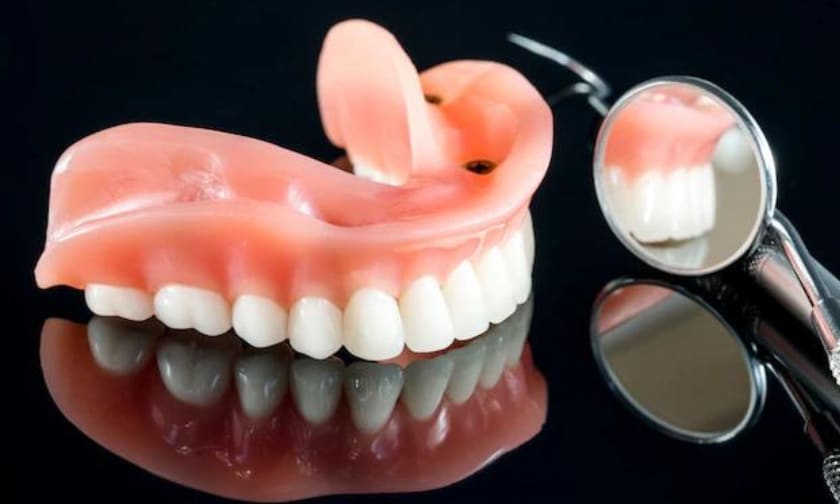
Dentures are an effective, long-lasting solution for replacing teeth that have been lost due to trauma, gum disease, tooth decay or other reasons. For many people, dentures offer the most natural looking and feeling way to replace their missing teeth. Partials can also be an effective solution, but they are not always the best option for every individual. It’s important to understand the differences between dentures and partials in order to make an informed decision about which treatment is right for you.
Advantages of Dentures
Dentures offer numerous benefits that make them the superior option for replacing missing teeth. Here are some of the advantages of dentures:
1: More Natural Looking
Dentures look and feel more like natural teeth than partials, making them the preferred solution when it comes to restoring your smile. Dentures are designed to be as close to the shape and size of your natural teeth as possible, providing a much more realistic look than partials.
2: Longer Lasting
Because dentures are made to fit snugly against the gums and jawbone, they tend to last longer than partials. Dentures can also be kept in good condition with proper maintenance, allowing them to last for years if taken care of properly. Partials, on the other hand, can become loose over time and are more likely to need repair or replacement in the future.
3: Versatile
Dentures can be used to replace some or all of the teeth in your mouth, while partials are typically used to replace a few missing teeth. If you’re missing several teeth, dentures can provide a more comprehensive solution than partials.
Considerations When Planning Your Denture Treatment
Before deciding on dentures or partials, it’s important to consider all of your options and the potential benefits and drawbacks of each treatment. Here are some things to consider when planning your denture treatment:
1: Cost
Dentures and partials both have upfront costs, but dentures typically cost more than partials. Partials may require additional maintenance or repairs in the future, which could add to their overall cost. It’s important to consider your budget and ensure that you can comfortably afford the cost of treatment before making a decision.
2: Lifestyle
Dentures require more maintenance than partials, including regular cleaning and adjustments as needed. If you’re someone who prefers minimal hassle when it comes to taking care of your teeth, then partials may be a better option.
3: Comfort
Dentures are made to fit snugly against your gums, which can provide more comfortable eating and speaking than partials. Partials can also cause irritation in the mouth over time, so you’ll want to consider how much comfort you’re looking for when making your decision.
Conclusion
When deciding between dentures and partials, it’s important to consider all of the factors involved in the process. Dentures are generally the better option than partials, as they offer more natural looking and longer lasting results. However, cost and lifestyle should also be taken into account when making your decision.
FAQs
Q: What are the advantages of dentures?
A: Dentures offer more natural looking and longer lasting results than partials, as well as the ability to replace some or all of your missing teeth.
Q: How long do dentures typically last?
A: With proper maintenance, dentures can last for years. Partials, on the other hand, may need to be repaired or replaced more frequently.
Q: Are dentures more expensive than partials?
A: Generally speaking, yes. Partials may require additional maintenance in the future which could add to their overall cost.
 7949 E. 24th St., Yuma, AZ 85365
7949 E. 24th St., Yuma, AZ 85365 Dentist Yuma
Dentist Yuma